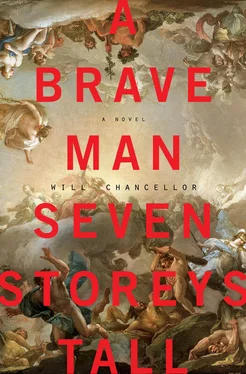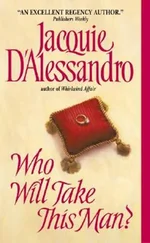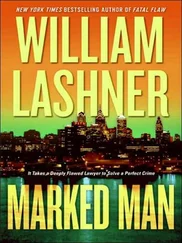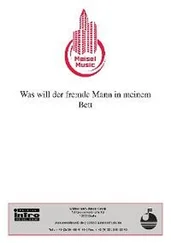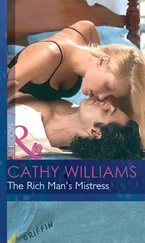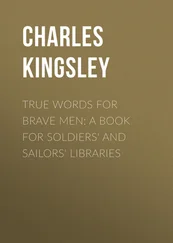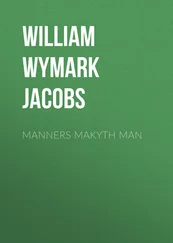— I’m sorry. Can you show me where that is on the map?
— Thórsmörk is on the south coast. Most backpackers go there or the Dettifoss-Myvatn trek or the Westfjords. Why do you think your son is here?
— He said he would be in the fishing villages in the north. Here, I have a picture.
Burr handed her Owen’s senior picture.
— He’s very hard to miss. Over two meters tall. He had an accident and wears an eye patch now over his left eye.
She widened her eyes.
His water-resistant insulated jacket was far too efficient at trapping changes in mood. He began to sweat.
— Does your son carry a staff? And have ravens circling his head? And a horse named Sleipnir?
Burr began stammering an apology, but the farmer ignored it.
— They’ve been talking about the ghost of Odin on the radio. I think they meant your son. The reports have been coming in pretty steady. That’s the best I can do.
— Thank you. If you can do me one more favor, will you not tell anyone about this? I’m afraid that if my son feels people are after him, he’ll be even harder to find.
— We can appreciate privacy. Best of luck.
Burr wound through the Westfjords for the next three days, sleeping in his car or in the tent pitched next to his car, and listening to the Wolfman or one of the other two deejays, whom Burr dubbed Elaine Benes and Leonard Nimoy. The Wolfman was the only deejay who never drifted into English. Burr tried the doors of farmers and every gas station attendant in the northwest of the country without success. He decided the reticence might be due to the language barrier and memorized the first stanza of an old Icelandic poem in a guidebook as a way of ingratiating himself, “Thó thú langförull legðir/ sérhvert land undir fót,/ bera hugur og hjarta/ samt thíns heimalands mót…” (Though you wander far ranging/ Every land underfoot/ Your heart has been stamped/ with your homeland’s mark(?)…) He couldn’t quite get the last word, mót ; it was a meeting point, a liminal intersection. The irony wasn’t lost on him that the one word he lacked was an Icelandic word for liminalism. According to his map, there was a chapel just ahead. He figured he’d try the poem on the caretaker and, if the man was a scholar, he’d make a joke about le mót juste .
He got as far as “Thó thú” before a snapping Doberman on a long leash bolted past the old man who answered the door. The dog snapped out years of pent-up aggression and caught Burr’s cuff. He kicked free, and the Icelander didn’t say a word. He let out more leash until Burr was running back to his car with the dog howling after him. With windows rolled up, he listened to the dog bark back all Burr’s quotations, all his puns. He decided that was it, no more pedantry. No more grave robbing. No more obfuscation. No more association. It was up to him and the radio.
He had cash for maybe two tanks of gas. He stayed west of Akureyri, chiefly because that was the radio station’s range, and Nimoy, Elaine, and the Wolfman were his only friends in this world.
Then a break. So far as Burr could tell, it was Nimoy who broke the story. Burr could understand about a quarter of the proper nouns they said, half when he was parked and looking at a map. All he understood from Nimoy’s broadcast was “Odin,” “Dalvík,” and “Tröllaskagi.” Two of those were places and one was a Norse god, which was why Nimoy chuckled. Several hours later, the Wolfman laughed through a report of the same story, this time with a recorded interview from an eyewitness. It wasn’t until Elaine told the story in English — there were dozens of reported sightings of the Norse god Odin wandering through valleys just outside the town of Dalvík — that Burr headed farther north to the troll’s peninsula, Tröllaskagi.
Ástríður recollected the events for her father while he dressed his wounds in the kitchen and later for the national news. At first Ólafur attributed her account to an unhealthy obsession with the Sagas, but the carnage outside was real and a reminder that these stories came from Icelanders living in the same wild land.
Ástríður first thought the bear was another bale of hay. She looked past it and chased the sheep until it lifted its head and sniffed the air. It shambled over like an old cat. The sheep, always skittish, bolted for the highlands. Most got snared by the barbed wire fence or fell in the cleft separating the pasture from the road. The bear jogged toward the densest mass of sheep and struck four dead in as many seconds. He then batted sheep caught in the fence, but appeared to have no interest in them once they were dead on the ground. The bear bit into the loin of the shorn sheep and tore off its leg. It plunged back into the animal and soaked its white coat red.
Their black dog had been sniffing the air and barking furiously. Now that the bear turned his attention to Ástríður, the black sheepdog sprinted between them, snapping at the bear. With one swipe, the bear flung the dog farther than she could throw a stone. Seeing the dog in the air unfroze her. She sprinted for the door.
Ólafur, eyes completely white, ran right by her directly for the bear. He lowered his shoulder to bowl it over. He was still five feet away when the bear hit him with a furious right paw, clawing through his jacket and tearing open his chest. Ólafur’s neck snapped back when he hit the ground, knocking him unconscious. The bear sunk his canines into Ólafur’s calf and dragged him toward the sheep carcasses.
Ástríður ran upstairs to the painting studio and carried a chair to the wall. She pulled down her grandfather’s shotgun from the mount. She breeched the gun. Both barrels were empty. In his desk drawer she found different boxes of shells, one black, one red, and grabbed a handful of each. She ran back downstairs and saw the now red bear dragging her father by the leg not twenty feet from the porch.
She put two black shells into the still-breeched gun and took aim from the rail of the front porch. They hadn’t shot since last year because she was simply too small for their only gun. The weakest shot had almost taken her arm off. She had been warned that the black shot did the same thing to her father’s arm that the birdshot did to hers. This was going to hurt. She might not be able to take a second shot. She aimed for the biggest part of the bear, the part farthest from her father.
The report echoed up over the scree slopes. The bear sat down before letting go of Ólafur. Then it stood back up and returned to the ram it had been picking at earlier. The slug thumped squarely in his rear leg, in the biggest part of the bear, but the fur didn’t redden with blood. The bear shrugged the shot off like a bee sting.
The gunshot was the first thing Ólafur heard. He imagined that he heard a thump as the bullet lodged in the bear’s leg, but he didn’t tell that to the press. He scrambled to a crawl, his right leg shattered, and hobbled to the house. Ástríður was crumpled against the wooden wall, holding her collarbone and whimpering.
Ólafur took the gun from her feet and the two huddled in the house and locked the door. He called the police. Twenty SUVs were in his drive within the hour. Two police cars were right behind. The bear was slinking around the scree mountain, a stone’s throw from the decimated pasture.

Burr had hiked himself into a dilemma. The scree slope he’d slid down was too shifty for him to scramble back up. He stood on a moss-grown ledge that looked like a reef at low tide. Before him, a valley that stretched into the walls of two mountains. Beside him, a sheer cliff carved by the millennia of ice cap melting into the stream that drained in the dale. He unbuckled his hip belt and dropped the pack on the gravel embankment. The pack was stuffed with all of his gear, then stacked so high with boil-in-bag meals and fuel canisters that it didn’t close properly and extended above his head. It weighed even more than when the employees had stuffed it with sandbags to get a fit. He massaged his shoulders. After a few breaths he peered down the cliff. The stream was at least thirty feet down and littered with boulders that could tear him in two.
Читать дальше
